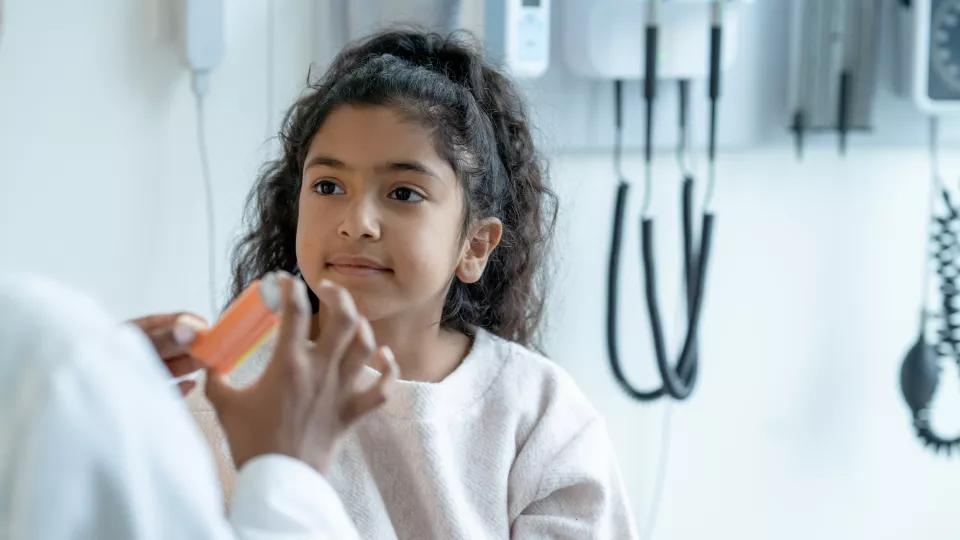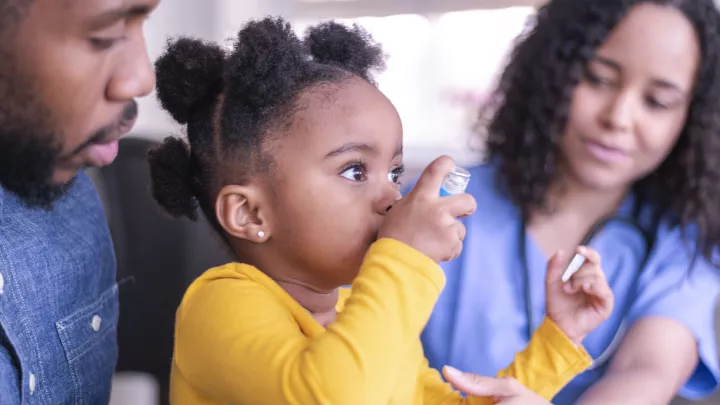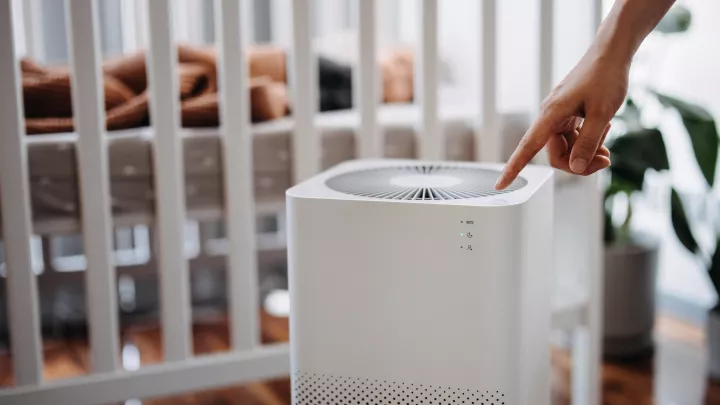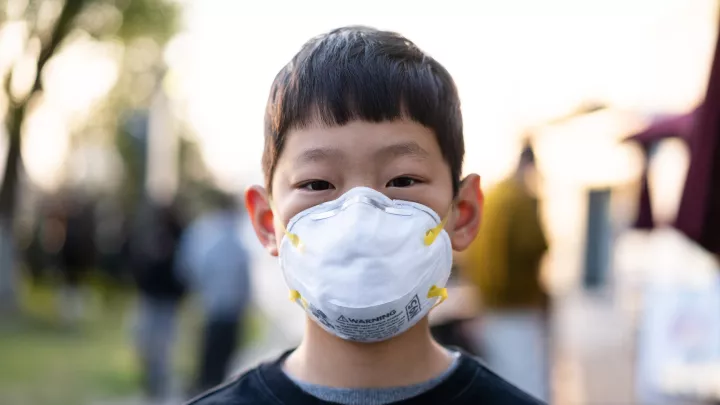
Managing My Child's Asthma
With proper treatment, every child’s asthma can be controlled almost all of the time. Here's what to know about triggers, symptoms, and medication.
Seeing your child struggle with asthma can be difficult. Knowing your options can help prevent asthma attacks and lessen symptom severity.
9 tips to help manage your child's asthma:
- Know your child’s asthma triggers. This is important not only to minimize the triggers you can control (e.g. tobacco smoke, dust, pet dander, etc), but also to get a head start on responding to the triggers you can’t control (respiratory infections, weather changes, etc.).
- During environmental disasters that may exacerbate asthma, like the increasingly common wildfires in Southern California, have extra rescue inhalers or nebulized medication (such as albuterol) on hand. You should also monitor the air quality in your area and have your child wear an n95 mask while outdoors, keep windows and doors closed at home, run central air conditioning if you have it, and consider purchasing a HEPA air purifier. During times of high airborne particulate concentrations, try to limit time spent outdoors, especially physical activity.
- When air quality is acceptable, however, do not restrict your child’s physical activity. It’s healthier to give them a dose of quick-relief medication—like albuterol or a budesonide/formoterol combo—before exercise (and after if needed) to allow them to run and play rather than restrict their activity out of concern for triggering their asthma.
- Remember that the first sign of an asthma flare may not be wheezing. Any respiratory symptoms, especially a cough, may be early asthma symptoms. Do not wait for wheezing to start treating your child’s asthma.
- The most effective treatment for chronic asthma is taking a daily controller (preventative) medication. Do not stop your child’s controller medication without speaking to your healthcare provider, even if your child has no asthma symptoms—that means the controller is working!
- With proper treatment, every child’s asthma can be controlled almost all of the time. Signs of controlled asthma are normal ability to exercise without limitations, no sleep disturbance at night, no days of school missed, and no urgent care visits. Do not accept partially controlled asthma! Communicate with your healthcare provider about how you can adjust your child’s asthma action plan to obtain better control.
- Asthma flares respond much better to treatment the earlier you start quick-relief (rescue) medications. Even if you’re not entirely sure your child’s asthma is acting up, it’s safer to give them a dose of rescue medicine compared to giving it later when their symptoms are more severe.
- Routine colds and respiratory infections are the most common triggers of asthma attacks in children. Start giving your child their quick-relief medication at the onset of each cold. Don’t wait until they develop asthma symptoms.
- Keep quick-relief medicine handy at places where your child spends the most time, like school, home, and daycare. Don’t run out.


